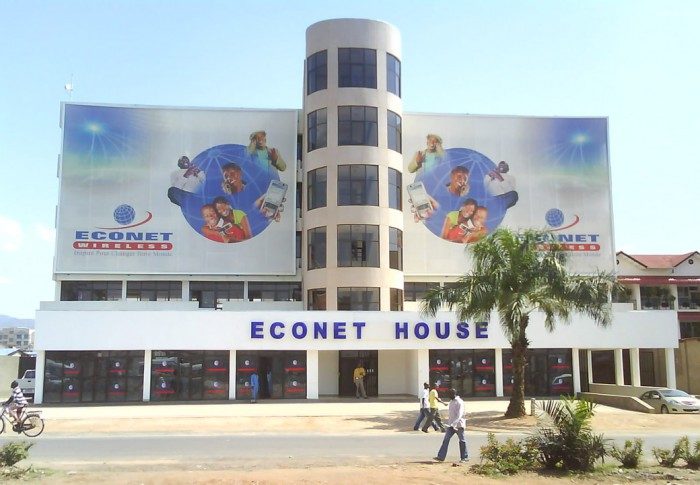



Econet wireless has been frozen from selling electricity tokens by Zesa in a move which have affected thousand s of its customers.
ZESA Holdings subsidiary Powertel is yet to respond to a directive by its parent company, three months ago, to allow the country’s largest mobile telecommunication by subscribers and revenue, Econet Wireless to sell electricity tokens via Ecocash to its subscribers.
Ecocash has over six million customers, which translate to about 80 percent of Zimbabwe’s adult population and close to 26 000 agents in Zimbabwe with some over US$6,6 billion going through the Ecocash platform the past 12 months.
Analysts say with the prevailing cash crisis it would be convenient for customers if Econet is incorporated since it has wider reach.
This follows revelations that some senior managers at PowerTel have been frustrating Econet’s efforts to offer its clients easy access to electricity tokens.
A letter to Powertel Managing Director Samuel Maminimini from ZESA Holdings chief executive officer Josh Chifamba dated April 26 2016, gave its subsidiary the green light to connect sub-vendors through the Ecocash platform.
“Further to my letter dated 8 April 2016, please be advised that you can now connect sub-vendors through Ecocash platform,” wrote Chifamba.
The letter was copied to the managing director of ZETDC and chairman of the Prepaid Electricity Vending Steering Committee Leslie Mukarati.
However, nothing has happened since then prompting critics to question whether the government is sceptical about bringing on board a bigger player that will overshadow all state-linked enterprises currently on board? Is Powertel afraid Econet will dominate the platform or someone is sleeping on duty?
Analyst say the distribution networks for sale of electricity tokens by a Zesa subsidiary, PowerTel, and its technical partners E-solutions often experience congestion and frequent system malfunction and an efficient player such as Econet with reliable infrastructure could bring relief to many customers.
ZESA Holdings in May 2014 turned down a request by Econet Wireless to sell pre-paid electricity tokens through its mobile money transfer service, Ecocash, saying the third party vending facility was reserved for state-linked enterprises.
Two years ago Zesa initially chose NetOne, CBZ, Zimpost, TelOne, POSB and Agribank to sell prepaid electricity on its behalf following bids from 38 companies. ZESA had maintained that it will only deal with state owned enterprises.
Prior to this, pre-paid electricity tokens were available at Zesa banking halls and at two OK Zimbabwe Supermarkets in Harare and a ZETDC desk in TM Supermarket in Mutare.
It has been three years now since the introduction of prepaid electricity and consumers, who often experience “network break down” when they want to buy electricity, are wondering why Ecocash is being denied the opportunity to buy ZESA prepaid tokens which have been opened up to parastatals and other private players.
They are also questioning why Powertel has not complied with a directive from its parent company.
Another letter to Powertel board chairperson from Chifamba dated 20 May 2016 said: “Subsequent to the meeting held at ZESA Holdings on 8 April 2016 attended by the ZESA Holdings Board, chairman, powertel board chairperson, the group chief executive officer and consultations with the ministry, Powertel can now connect to a wider pool of sub-vendors in order to expand the geographic footprint for the distribution network of electricity token”.
ZESA Holdings said as a start Powertel should focus on connecting to some of the existing sub-vendors in order to reduce the tiers in the e-vending structures.
“The new sub-vendors to be connected should go beyond the existing public and private vendors in order to improve customer convenience. For the avoidance of doubt Powertel can connect sub-vendors using Ecocash,” Chifamba added in the letter.
He said this will enable Powertel to improve its performance by an increase in its current proportion of commissions where there will be more direct vendors and fewer sub-vendors.
Follow us on Twitter @FingazLive and on Facebook – The Financial Gazette